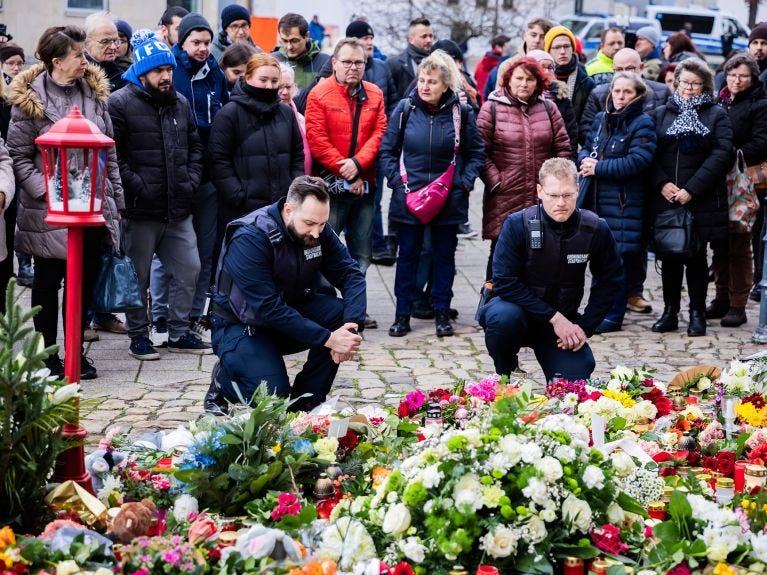After the Magdeburg Tragedy: Ensuring Safety and Support for Individuals and Communities, and Rethinking Asylum Procedures

The recent attack at the Magdeburg Christmas market in Germany has left many of us in deep shock and sorrow. What should have been a joyful celebration of community turned into a scene of tragedy, with six lives lost—including that of a…
Keep reading with a 7-day free trial
Subscribe to A Further Inquiry to keep reading this post and get 7 days of free access to the full post archives.





